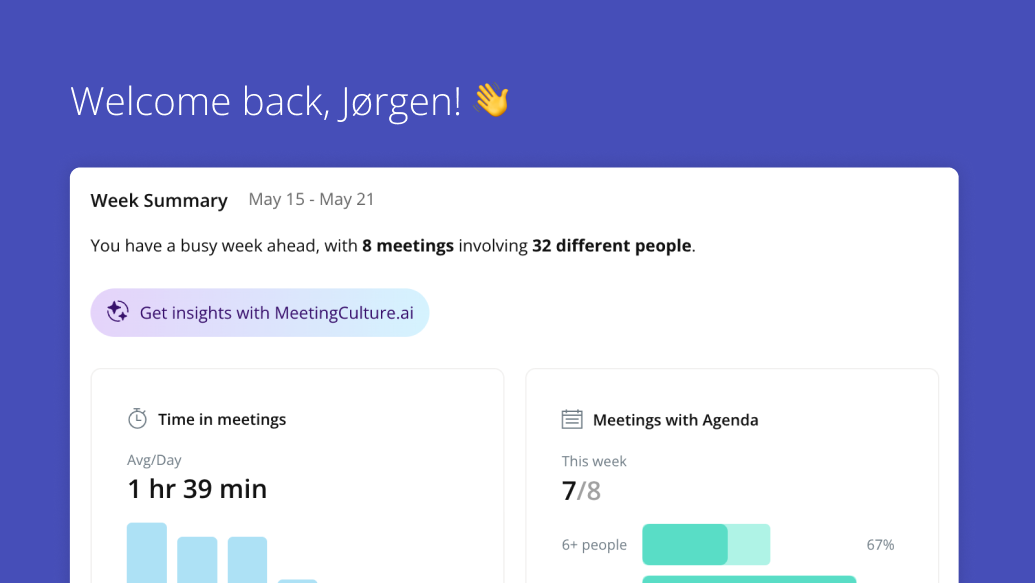Decisions recognizes Kahneman’s Nobel Prize research
Nobel Prize winner Daniel Kahneman's research on the way over-confidence in decision-making can negatively impact business performance inspired Decisions.
Today, we celebrate Daniel Kahneman.
Exactly 18 years ago, Kahneman was awarded the 2002 Nobel Prize in Economic Sciences for his work on the psychology of judgment and decision-making, as well as behavioral economics. Specifically, he was awarded for developing the prospect theory, which describes how people make decisions based on the potential gain or losses relative to their individual situation – in other words, personal biases.
In his 2011 best seller, “Thinking, Fast and Slow,” Kahneman suggests that people have too much confidence in human judgment. Individual biases, when combined with poor processes and lack of preparation, lead to bad decisions.
Daniel Kahneman and Decisions
When applied to business, this over-confidence in decision-making can negatively impact business performance. Meetings are where decisions are made inside organizations and it was the inefficiency, frustration and poor decision-making that follows bad meetings that inspired our CEO Jorgen Solberg to found Decisions. As a former CTO and VP of Products for a publicly traded documents management company, he wondered if meetings could be transformed through a technology solution that empowers leaders to drive a culture of productive and collaborative meetings within their organizations.
The Meeting Engagement Score™
Decisions is a technology solution with product features and process that improves meetings. But it is more than an agenda builder and minutes templates.
Solberg also created the Meeting Engagement Score™ alongside organizational psychologist and former Decisions advisor Knut Ivar Karevold. The Meeting Engagement Score™ applies organizational psychology to meetings by assessing meeting attendee preparedness based on indicators of attendee engagement and agenda quality. The ultimate goal of the algorithm is to ensure the meeting organizer is creating an agenda that sets participants up for success and that participants are using that agenda and related attachments to properly prepare in advance, resulting in more unbiased, educated decision-making in the meeting itself.
Improve Your Meetings Today
Download Decisions from AppSource to foster more informed decision-making and productive meeting collaboration.



